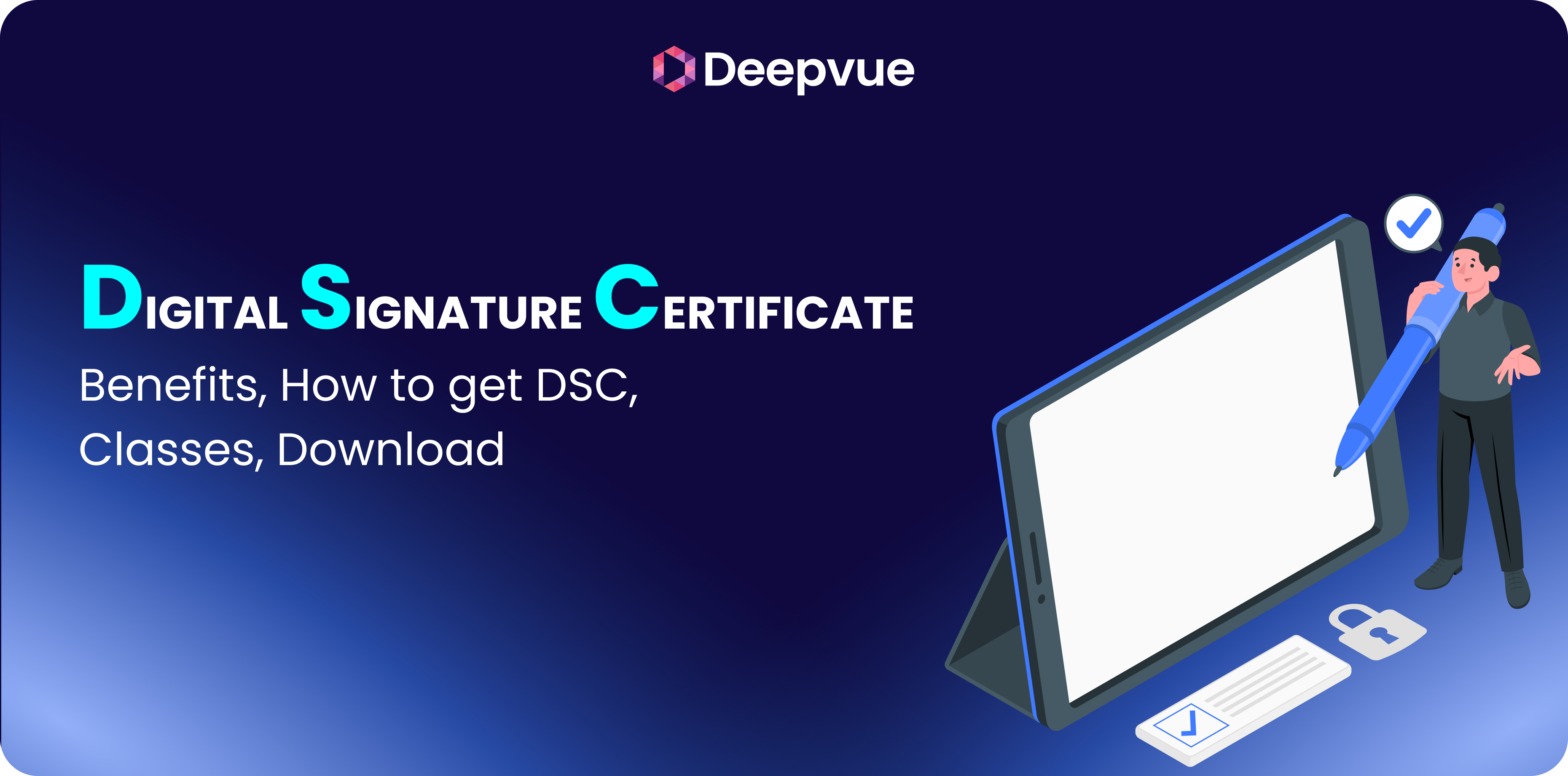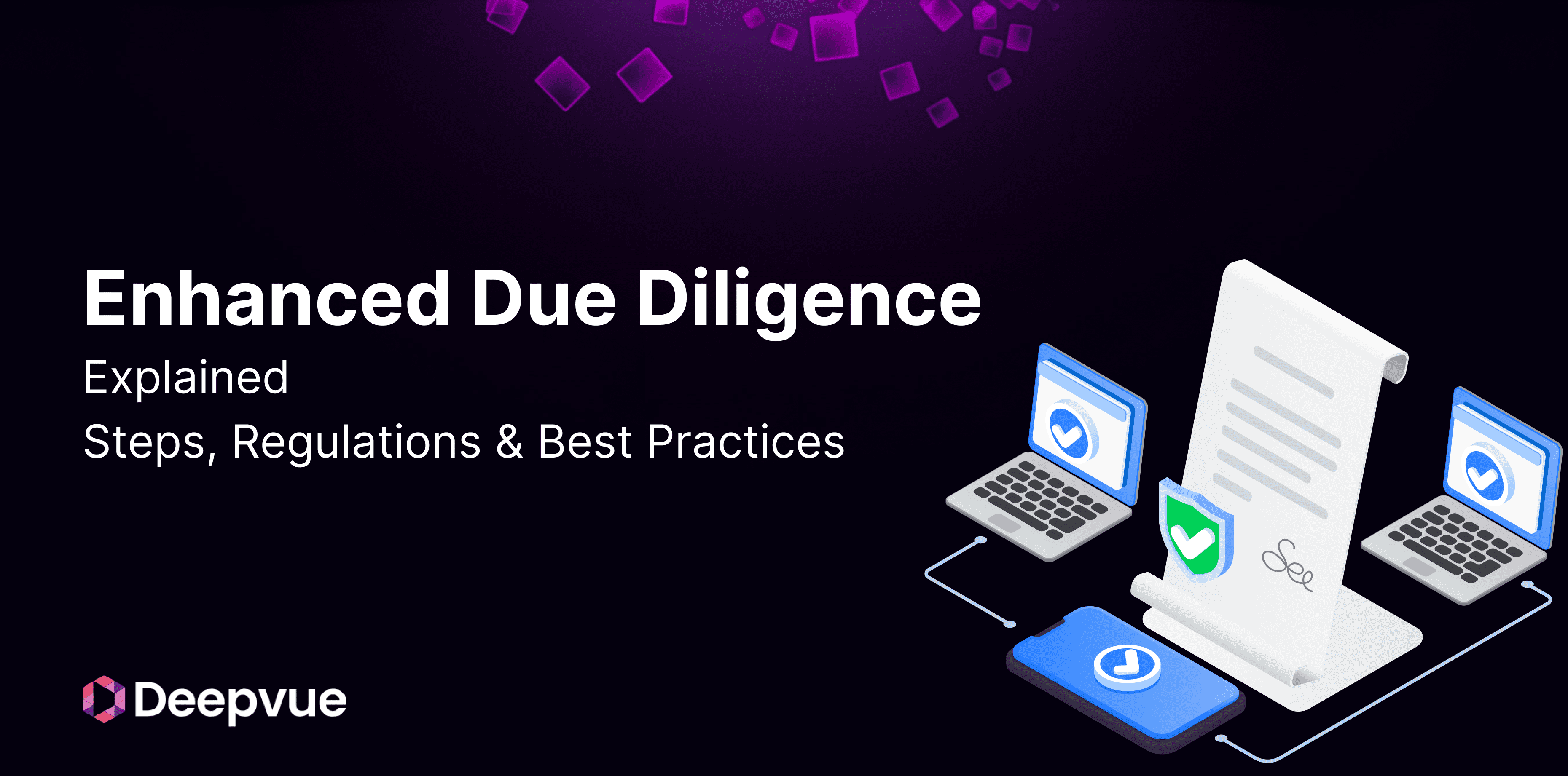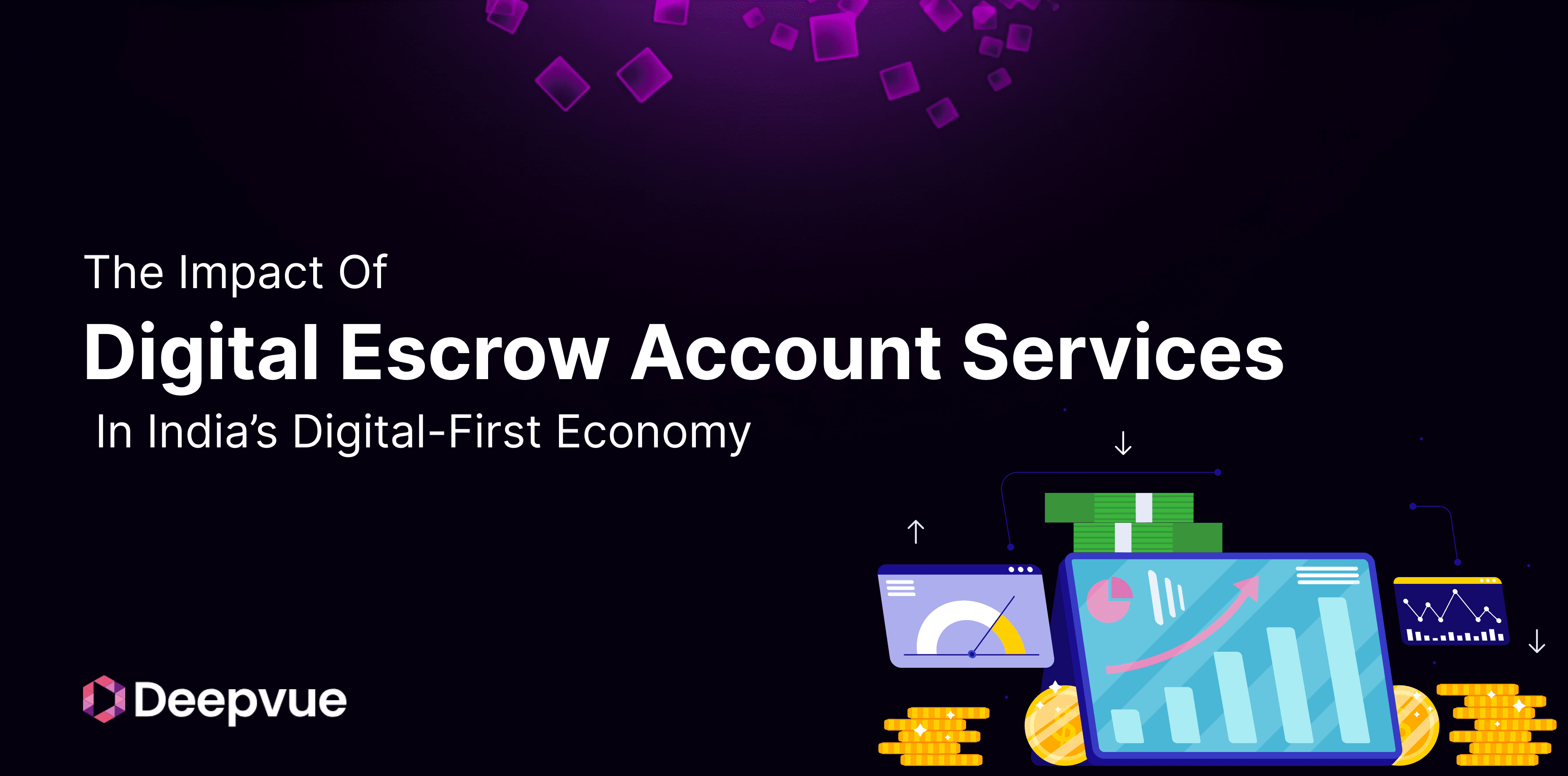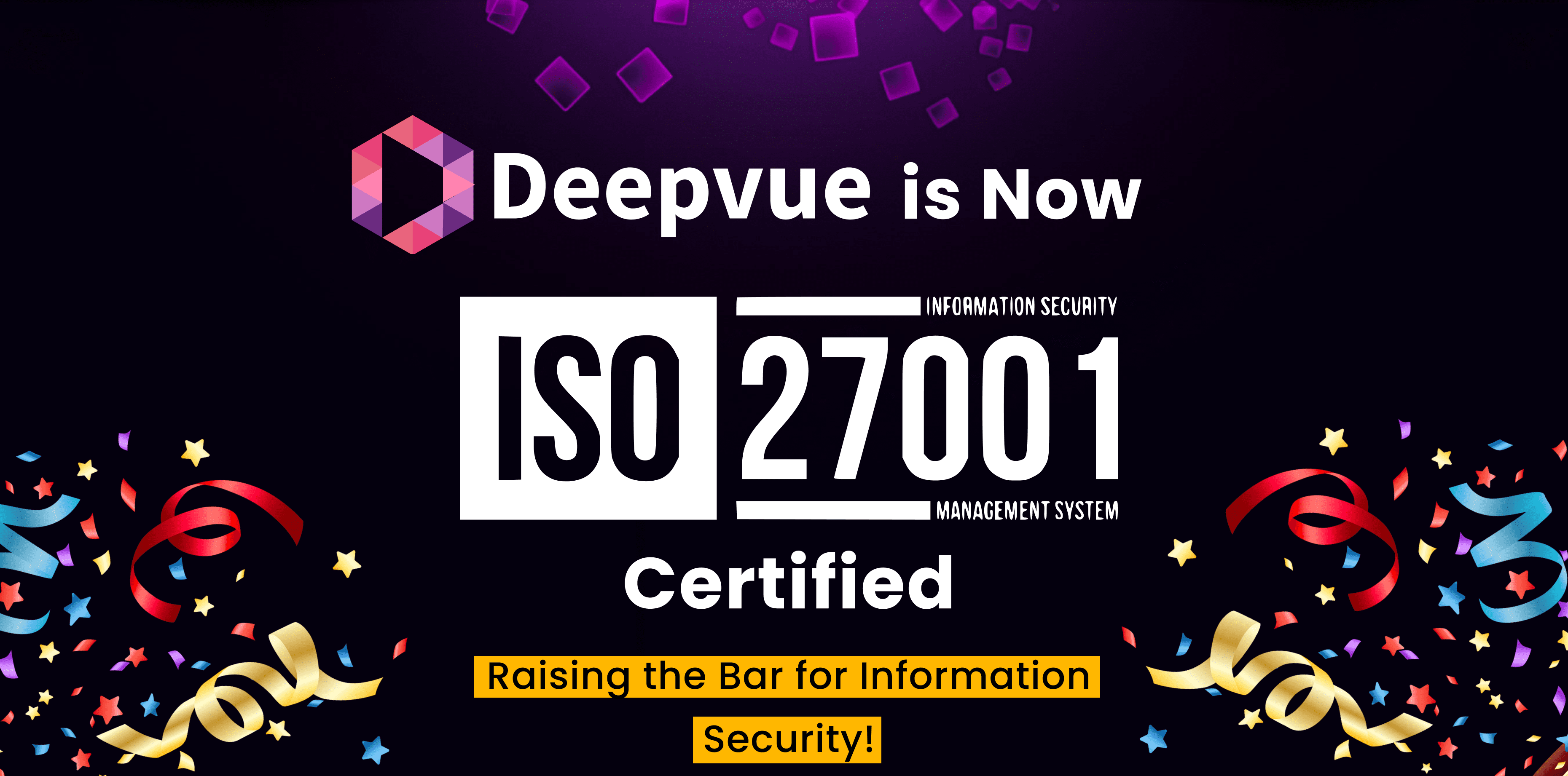Every loan agreement, API handshake, and consent artifact in modern finance depends on a single invisible element: trust. A Digital Signature Certificate (DSC) anchors that trust in cryptography. Issued by a licensed Certifying Authority (CA) under India’s Information Technology Act 2000, a DSC binds a verified identity to a public–private key pair. The result is a tamper‑proof, legally valid signature that travels instantly across the internet, eliminating paper, couriers, and ambiguity. For fintech businesses, DSCs are no longer a nicety— they’re a minimum standard for secure onboarding, compliant submissions, and automated document signing.
What Is a Digital Signature Certificate (DSC)?
Digital Signature Certificate (DSC) is a digitally signed secure file that authenticates the identity of the signatory and ensures the document’s authenticity. It has embedded in it a public and private key pair, user information, and is issued by a certified Certifying Authority (CA).
DSCs enable people to sign papers electronically, which becomes tamper-proof and is legally binding as per India’s IT Act, 2000. Used commonly for e-filing with MCA, GSTN, and Income Tax portals, DSCs help authenticate and ensure documents remain unchanged. Fintechs, businesses, and individuals dealing with online agreements, filings, and regulatory filings need them.
Related Read: Digital Signatures vs. Electronic Signatures
Important Benefits of Digital Signature Certificates
- Legally Valid and Recognized: Digital Certificates are legally binding under the Information Technology Act, 2000, making them valid for official contracts, regulatory filings, and business agreements.
- Tamper-Proof Security: Once a document is signed with a DSC, any modification to the content makes the signature null. This secures document integrity and prevents fraud.
- Quicker Turnaround and Implementation: E-signing eliminates paperwork, couriering, and physical signatures, allowing for immediate implementation of agreements, mandates, and contracts.
- Cost Savings: Companies save paper, printing, courier, and administrative expenses by automating document workflows through the use of DSCs.
- Regulatory Portal Compliance: DSCs are required for government portal filings like MCA, GSTN, DGFT, and Income Tax Department filings to keep companies compliant and in business.
Why Digital Signature Certificates Matter in Fintech?
- Trusted customer onboarding: Loan origination and KYC processes need applicant acknowledgement of sensitive data pulls. A DSC seal provides acknowledgement with non‑repudiation.
- Digitally native contracts: Lending documents, e-NACH mandates, and revenue-sharing agreements can be signed in seconds—no scanning or courier holdups.
- Regulatory compliance: NBFCs, payment aggregators, and Account Aggregator participants are required to submit periodic returns to DSCs. Failure to comply entails penalties or rejection of filings.
- Audit-ready API calls: Fintechs tend to expose signing APIs to partners. Weaving DSC validation into every call gives regulators and investors an immutable audit trail.
- Fraud deterrence: Attempted document tampering becomes obvious because any change invalidates the signature.
Example
A consumer‑lending platform embeds a DSC workflow in its loan execution stack. Customers e‑sign agreements within the mobile app. The platform stores the signed PDF and a signature validation log. During an RBI inspection, the company proves that every contract was executed by the legitimate borrower and has remained unaltered.
Classes of Digital Signature Certificates
| Class | Status | Typical Use Cases | Assurance Level |
| Class 1 | Active | Internal email, low‑risk intranet applications | Basic |
| Class 2 | Discontinued (2021) | Previously, for ROC, GST, and IT filings | — |
| Class 3 | Active (default standard) | E‑tenders, MCA filings, high‑value contracts, and fintech lending | High |
| Document Signer Certificate | Active | Server‑side bulk signing by enterprises and fintech platforms | High (organizational) |
Who Needs a Digital Signature Certificate?
- Individuals filing GST or income tax online.
- Company directors and designated partners signing MCA forms.
- SMEs bidding on e‑tenders or applying for government subsidies.
- Fintechs issuing e‑mandates, API keys, or document‑signing services.
- Marketplace sellers on e‑procurement portals.
- Lenders and NBFCs are automating credit agreements and consent objects.
How to Apply for a Digital Signature Certificate?
- Select a certified CA
Common choices are eMudhra, Sify, Capricorn, and NSDL. Check if the CA is registered on the Controller of Certifying Authorities (CCA) portal.
- Choose DSC type and validity
- Class 3 for the majority of regulatory requirements.
- Validity of 1‑, 2‑, or 3-year. Longer validity offers better ROI.
- Fill out the online application
Supply basic details: name, email, mobile, and PAN. - Upload KYC documents
- For individuals: PAN, Aadhaar, latest address proof, and a passport‑style photo.
- For companies: CIN, board resolution, authorisation letter, and director KYC.
- Complete video verification
The applicant records a short live video repeating an on‑screen code and displaying a photo ID. This fulfils eKYC norms under CCA guidelines. - Make payment
Fees vary by CA, class, and validity. A three‑year Class 3 DSC with USB token usually costs ₹1,000–₹2,000. - Certificate issuance
- USB token: A FIPS‑compliant cryptographic token is couriered.
- Cloud DSC: Issued instantly; the private key stays on a Hardware Security Module (HSM) managed by the CA.
How to Download and Install a Digital Signature Certificate Online?
USB Token–Based DSC
- Insert the token into a USB port.
- Install the driver bundled by the CA.
- Open the CA utility, set a new token password, and import the certificate.
- Configure supported browsers (Edge, Chrome, Firefox) by enabling the CA’s root certificate.
- Test the setup on the MCA or GST portal.
Cloud or Aadhaar‑Based DSC
- Log in to the CA’s cloud portal.
- Enter your OTP or Aadhaar‑linked credentials.
- When prompted to sign a document, approve the request inside the portal or mobile app.
- The document is signed within the HSM; no local driver is required.
Validity, Renewal, and Revocation
- Validity: 1 – 3 years.
- Renewal: Start 30 days before expiry to avoid filing disruptions. The process mirrors fresh issuance but usually skips physical token shipment.
- Revocation: Triggered if the private key is compromised, the subscriber changes role, or by court order. Revocation is published on the CA’s Certificate Revocation List (CRL).
Conclusion
Digital Signature Certificates convert identity proof into executable code, enabling real‑time, regulator‑ready transactions. For fintech companies, DSCs slash onboarding friction, automate compliance, and harden security. Whether you’re a lender issuing e‑mandates, an NBFC filing returns, or a platform provider scaling document workflows, adopting a robust DSC strategy is a direct route to operational resilience and customer trust.
FAQ
What’s the difference between a digital signature and a Digital Signature Certificate?
A digital signature is the cryptographic output on a document; a DSC is the identity‑binding certificate that lets you create those signatures.
How long does it take to get a Class 3 DSC?
Cloud‑based Class 3 DSCs can be issued within 30 minutes after successful video verification; token‑based certificates arrive in 2‑3 days.
Is a DSC mandatory for GST filing?
Yes, companies and LLPs must sign GSTR forms with a valid Class 3 DSC. Sole proprietors can use an EVC (OTP) instead.
Can one DSC be used on multiple portals?
Absolutely. The same Class 3 DSC can sign MCA, GST, and income‑tax filings as long as the certificate is valid and mapped to the authorised user.
Can a DSC be revoked before it expires?
Yes. Compromise of the private key, change of role, or a court order can trigger revocation. The CA publishes the revocation status in real time.




